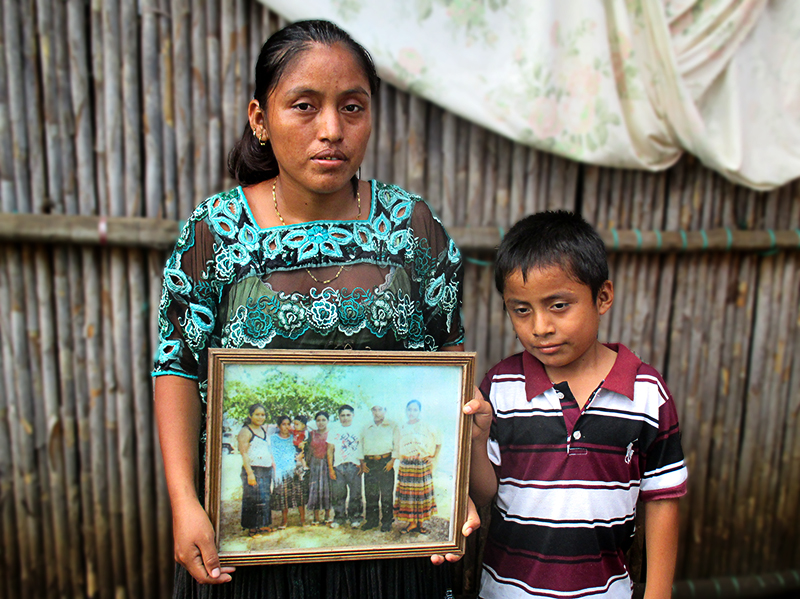On 27 May 2017, indigenous and land rights defender, Carlos Maaz Coc, was killed while he attended a peaceful demonstration which called on the authorities to resolve the contamination of Lake Izabal, El Estor, Guatemala, due to mining activities.
Carlos Maaz Coc was a member of the indigenous Maya-Q’eqchi’ community and an environmental and land rights defender. He was part of the Gremial de Pescadores Artesanales – GPA (Artisanal Fishermen’s Guild), which, alongside several other local organisations, tries to protect the human rights of the Maya-Q’eqchi’ communities from contamination which may affect their land and endanger their livelihood as a result of nickel mining activities in the region.
On 27 May 2017, the Guatemalan government unilaterally abandoned negotiations with GPA, which were organised in an attempt to find a solution to the problems of the community caused by mining activities. At approximately 3.00pm, the community of El Estor decided to conduct a peaceful demonstration by closing the road leading to Alta Verapaz and the mining facilities. The Ministry of Interior of Guatemala ordered the deployment of the National Civil Police riot police unit to the region. The disproportionate use of force, including the use of rubber bullets, live ammunition, gas bombs and sound bombs, caused many people to be injured and led to the death of Carlos Maaz Coc, who was shot dead.
Several Guatemalan officials, including the Minister of Environment, Sydney Samuels, have publicly denied the killing.
In 2006, the Guatemalan government issued mining licenses to the Compañía Guatemalteca de Níquel – CGN (Guatemalan Nickel Company), owned by the Canadian company HudBay Minerals Inc. The government failed to seek the previous, informed and free consent of the El Estor indigenous communities, a requirement stated in the International Labour Organization Convention 169. The mining activities in the surroundings of Lake Izabal have caused its contamination by toxic metals, such as nickel, chromium and cadmium. This has endangered the human rights of the indigenous communities who use the Lake for fishing and as their main source of fresh water.
The Guatemalan government has continuously failed to comply with international and national legislation and judicial decisions demanding it to respect the rights of indigenous communities.

